EIA: US energy-related CO2 fell by 2.8% in 2019, slightly below 2017 levels
Green Car Congress
MAY 11, 2020
US energy-related CO 2 emissions declined by 2.8% in 2019 to 5,130 million metric tons (MMmt), according to data in the US Energy Information Administration’s (EIA) Monthly Energy Review. The changes in US energy-related CO 2 emissions in 2019 offset the increase in 2018. CO 2 emissions had increased by 2.9%


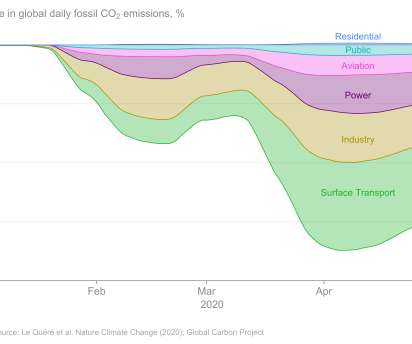


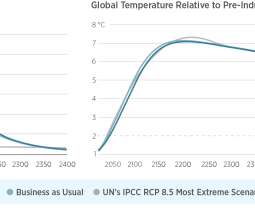



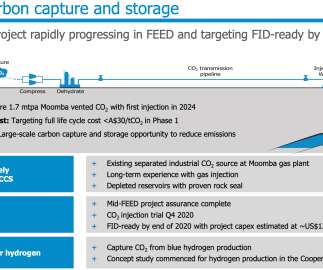




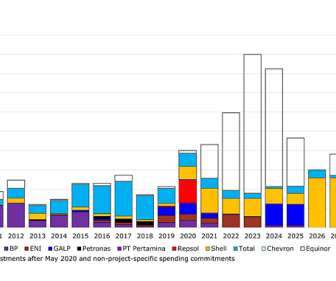
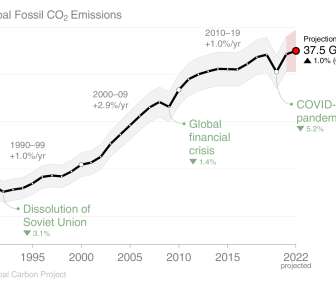

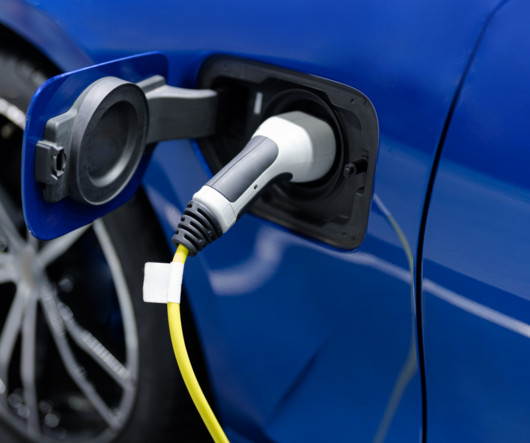











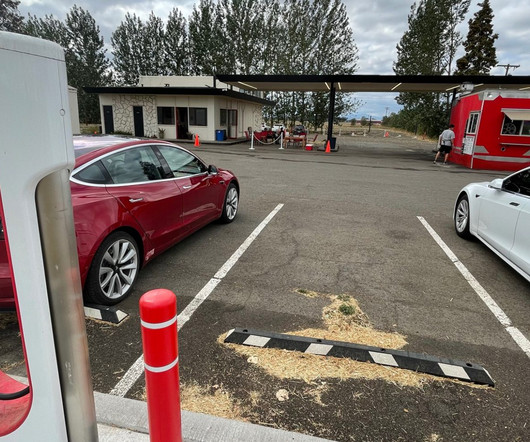
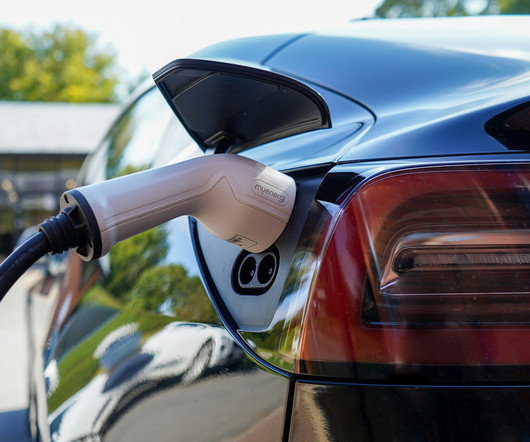







Let's personalize your content